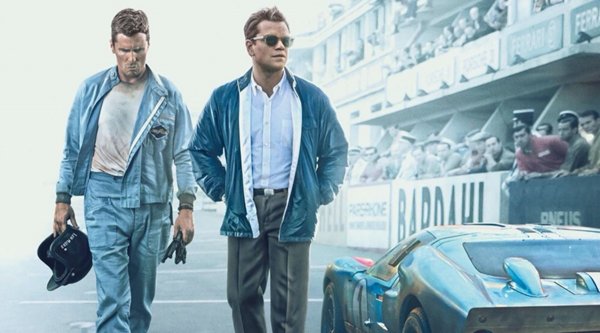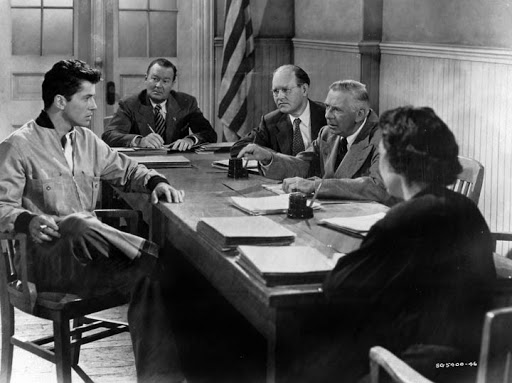Edward
Bartender
- Messages
- 25,390
- Location
- London, UK
If I could just fidn five minutes free from work I would! 
My other half has rewatched LOD ahead of all new series - I think I'm gonig to do that as well. I'm not sure if number 5 is gonig to be the final series or not, but it's certainly going to be a closer to some narrative arcs that go back to the beginning.
I am in that exact position with Line of Duty and Marcella. I need to go back and watch at least the last three episodes or so of the last season I watched..
My other half has rewatched LOD ahead of all new series - I think I'm gonig to do that as well. I'm not sure if number 5 is gonig to be the final series or not, but it's certainly going to be a closer to some narrative arcs that go back to the beginning.




